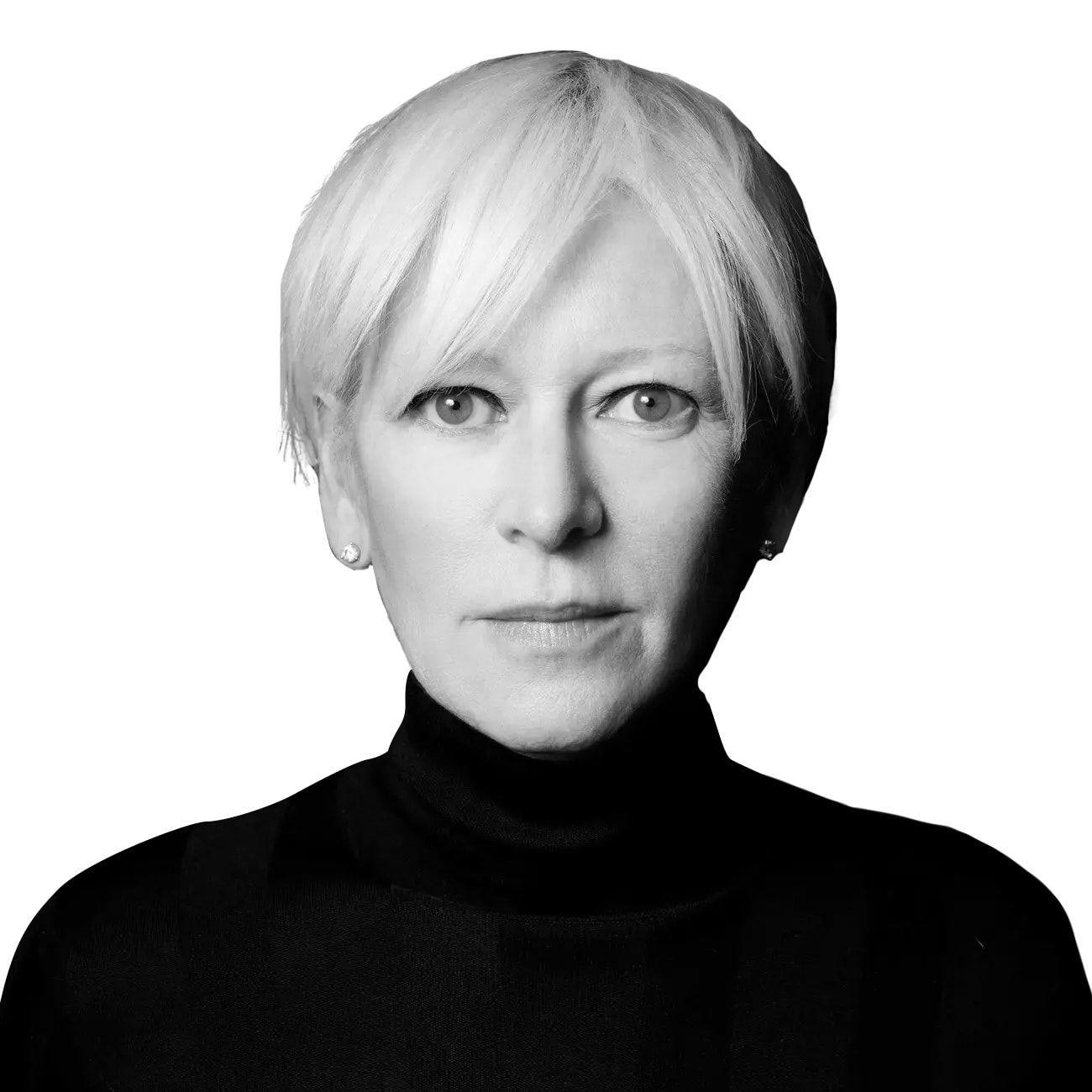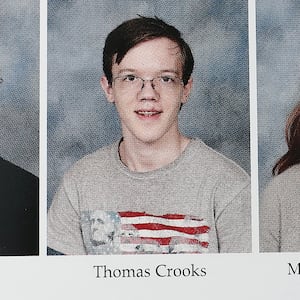It’s an unanswerable question worthy of a novel by Graham Greene. Did Thomas Crooks die believing he had killed Donald Trump?
As the first shot hurtled past, Trump grabbed his ear, quickly saw blood on his hands and dropped to the ground. And in the 26 seconds between Crooks’ first shot aimed at the former president and the Secret Service taking aim and killing him, it’s conceivable that Crooks thought his mission accomplished.
A week after the attempted assassination and hundreds of interviews later, no motive for the shooting has yet emerged. Police computer and phone searches suggest Crooks may have simply been looking for a high profile target as he scrolled through news of President Biden, Attorney General Merrick Garland and former president Trump.
Described by classmates as a classic loner who kept a low profile and sat solo at school lunch, his motive, like that of several school shooters, appears to have been in part to achieve notoriety.
A craving to be famous, as The Daily Beast reported last week, is one of the drives assassins have in common. They also tend to be white and acting alone. Crooks was 20. Three of the four previous killers of U.S. presidents were also in their 20s. Stage actor John Wilkes Booth was 26 when he shot President Abraham Lincoln in 1865. Anarchist Leon Czolgosz was 28 when he killed President William McKinley in 1901. And U.S. Marine veteran Lee Harvey Oswald was 24 when he murdered President John F. Kennedy in Dallas in 1963.
And yet very little was understood about them until “The Exceptional Case Study Project,” was published by the Secret Service in 1999. After studying 83 assassins and attackers, its authors Robert Fein and Bryan Vossekuil concluded: “There are no accurate descriptive or psychological profiles of assassins.”
There’s no evidence to suggest Crooks’ shooting was politically movitated. He was a registered Republican, but he had once donated $15 to Act Blue. His mother, like his father is a counselor, and a registered Democrat. Crooks Senior and Thomas’ older sister are Libertarian.
We do know he planned the shooting carefully. On Friday, the day before the rally, he spent much of the day at the gun range. On Saturday, he went to Home Depot at 9:30 a.m. to buy a ladder, and that afternoon bought 50 rounds of ammunition. According to Fox News, investigators said he drove to the rally in his Hyundai Sonata. He left behind two rudimentary explosive devices, a bulletproof vest and a drone that he may have been used earlier in the day.
As he lay on the warehouse roof, focused the scope, and pulled the trigger of his father’s rifle, he would have seen Trump’s immediate reaction. He had likely spent hours visualizing this very moment. Trump’s falling to the ground must have seemed like the grim realization of his plan.
He missed his target by a quarter of an inch. The Secret Service, trained for such contingencies, acted with swift precision. But in those final moments of his life, amid the shouts and the chaos, did Crooks believe he had succeeded? The thought is chilling, a grim testament to the depths of his delusion.
As we grapple with the aftermath, the question remains a haunting footnote. Did Thomas Crooks, in his final breath, carry the belief that he had changed the course of history?
Joanna Coles is the Chief Content Officer of The Daily Beast and the former Chief Content Officer of Hearst Magazines.







